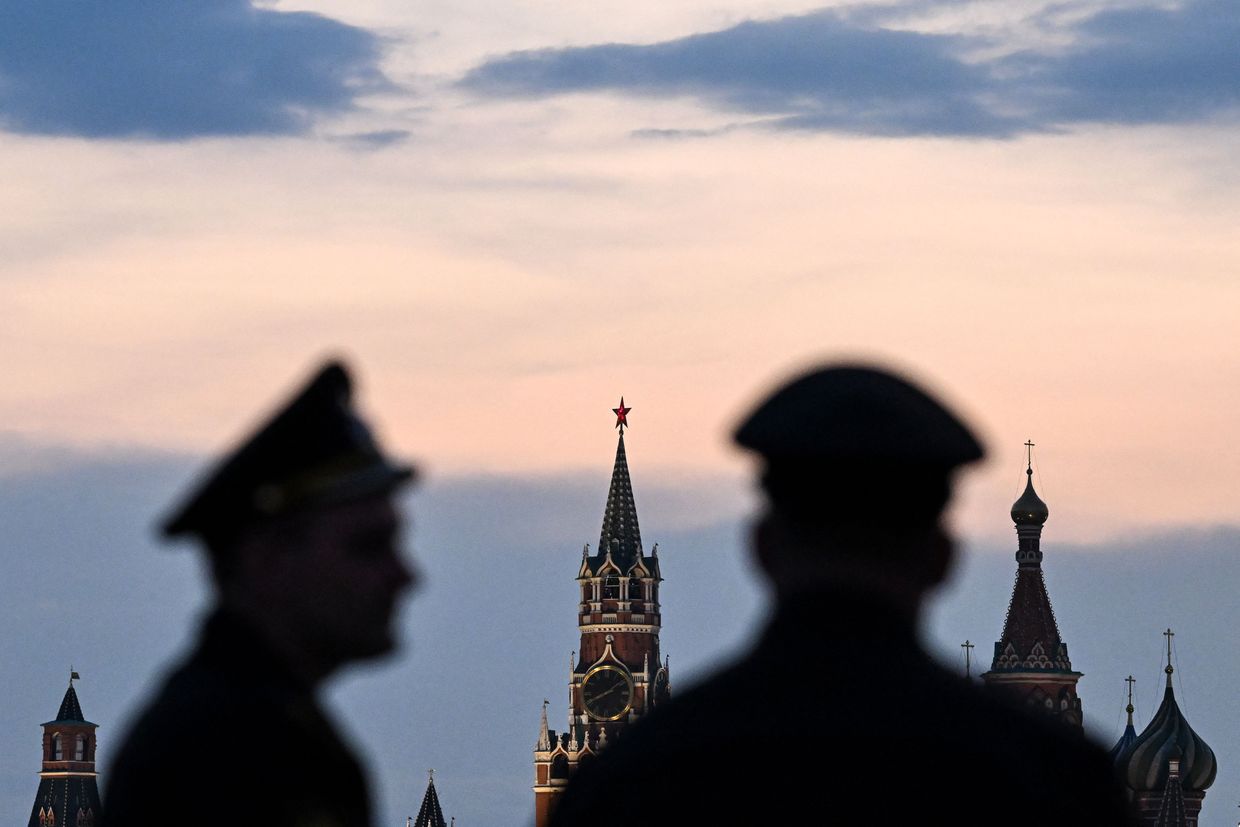Luxury Western Brands Still Accessible in Russia Despite Sanctions
Despite sanctions imposed on Russia, luxury Western brands are still being accessed by Russian shoppers. The Financial Times reported that an industry of personal buyers, resellers, and cross-border smugglers has emerged.
These intermediaries allow affluent Russians to buy luxury goods without facing restrictions. European Union rules limit the sale of luxury items to Russia to those priced under 300 euros ($312). However, trade is being diverted through countries where such sanctions do not apply.
For example, in September, over 300 Italian-made Bottega Veneta handbags were shipped from Dubai to Russia by a Chinese reseller. Western designer brands remain accessible in Russia, with many still introducing new collections.
Some businesses have adjusted their offerings to avoid falling under sanctions. A personal buyer in Italy told The Financial Times that he sends 10 to 20 packages weekly to Russia, earning up to 6,000 euros ($6,238) in commissions.
Customs officials have reported rejecting 60 shipments of luxury goods with suspiciously low declared values since the beginning of the year. Intermediaries often disguise shipments as personal purchases by removing tags or altering packaging.
This practice carries risks for Western companies, which can be held liable for export violations if their products reach Russia. BMW recently announced that it had dismissed employees involved in exporting over 100 luxury cars from Germany to Russian buyers in violation of sanctions.
Inflation in Russia has reached its highest levels in nearly a year, driven by war spending and rising food prices. Russian companies are increasingly using Bitcoin and other digital currencies for international payments in response to Western sanctions.




